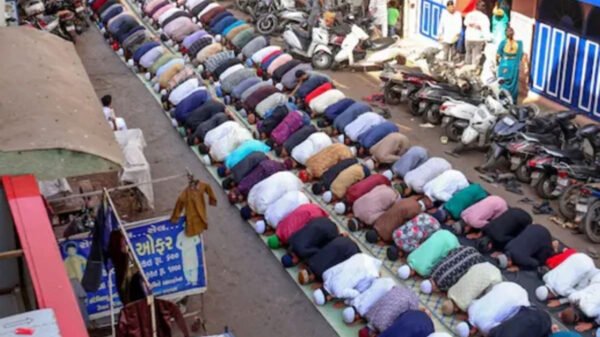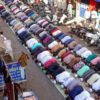First Election
NEW DELHI: India will conduct provincial elections in the Indian Illegally Occupied Jammu and Kashmir (IIOJK) starting September 18, marking the first regional polls in a decade and five years after New Delhi revoked the region’s special autonomy.
The announcement was made by the Election Commission of India on Friday, highlighting the significance of these elections in the contested Himalayan region, which is claimed by India, Pakistan, and China.
The area under Indian control had enjoyed a special status until 2019, when Indian Prime Minister Narendra Modi’s government abolished it, reconstituting the state into two federally-administered territories.
The decision to proceed with the elections follows a ruling by India’s Supreme Court in December, which dismissed petitions challenging the revocation of Article 370, the constitutional provision that granted IIOJK its special status.
The court also set a deadline of September 30 for the elections to be held. Pakistan has consistently opposed the revocation of Article 370, deeming it illegal and a violation of international laws, United Nations resolutions, and even India’s own constitution.
Islamabad argues that the move is part of a strategy to alter the demographic and political landscape of IIOJK by enabling non-residents from other parts of India to acquire property and settle in the disputed territory permanently.
Nearly nine million voters are registered to participate in the elections for the 90-member legislative assembly, according to India’s Chief Election Commissioner, Rajiv Kumar.
The elections will be conducted in three phases, with the counting of ballots scheduled for October 4, and results expected on the same day.
The timing of these elections is crucial, especially given the complex political situation in IIOJK and the historical context of low voter turnout in the region’s elections.
However, there was a notable exception earlier this year when the region recorded its highest voter turnout in 35 years during the national parliamentary elections held in April and May, with 58.46% of eligible voters participating.
Prime Minister Modi has defended his 2019 decision, claiming it brought “normalcy to the disputed region after decades of bloodshed” and suggesting that the previous special status hindered the region’s development by allowing it a degree of administrative autonomy.
The upcoming provincial elections are being closely monitored, as they represent a critical test for the Indian government’s policies in the region.
Kumar emphasized that the Election Commission is committed to ensuring a peaceful voting process, with adequate security forces deployed to maintain order.
The international community, particularly Pakistan, is likely to watch these elections closely, given their implications for the future of the disputed region and the broader geopolitical dynamics of South Asia.
The outcome of these elections could have significant repercussions for the ongoing conflict and the region’s future political trajectory.










